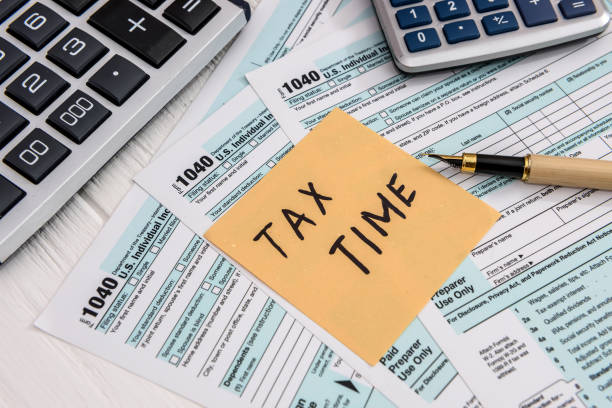
Nearly eight years ago congress passed the Tax Cuts and Jobs act which ushered in a new era of tax policy and changes that affected nearly every level of business in the United States. Today we’ll explore some of the speculative impacts of what a Trump victory means for a small business owner – and I will come right out and say it: despite toying with the idea, Income Taxes are not going anywhere.
What’s on the Table?
At the heart of Trump’s proposal is an ambition to make the TCJA’s temporary provisions permanent. This includes preserving reduced tax rates on pass-through entities like LLCs and S-corporations, which have become a cornerstone for many small businesses. Such an extension would mean continued savings for entrepreneurs, leaving them with more capital to reinvest in growth or hiring. Similarly, Trump aims to maintain the 20% Qualified Business Income (QBI) deduction, which allows eligible small businesses to shave a significant chunk off their taxable income. This policy has already been a game-changer for service providers and mom-and-pop shops alike saving potentially thousands of dollars a year in taxes, and its preservation could ensure sustained financial relief.
The immediate beneficiaries of these proposals would likely be pass-through businesses. By locking in the TCJA’s lower rates, many small businesses could continue to enjoy reduced tax liabilities, translating into more flexible budgets. This could mean a tangible boost to growth potential for those poised to expand, hire, or invest.
It’s not sunshine and rainbows for all businesses, however. Proposals like a universal 20% tariff on imports and targeted tariffs on Chinese goods might raise costs for small businesses dependent on imported supplies. If your boutique thrives on affordable overseas products, brace for potential price hikes and disrupted supply chains. Furthermore, Trump has signaled a desire to roll back green energy tax credits introduced under the Biden administration’s Inflation Reduction Act. For small businesses investing in sustainability—say, installing solar panels on office buildings—this might mean losing valuable incentives.
Trump has hinted at reviving 100% bonus depreciation as a permanent fixture, rather than allowing it to phase out under the current TCJA schedule. This policy lets businesses immediately deduct the cost of qualifying assets, such as equipment and machinery, rather than spreading it over several years. For small businesses, especially those in manufacturing, construction, or agriculture, this could drastically reduce taxable income in the year of purchase. Until this passes, however, we’ll still be under the effects of the §168(k) bonus depreciation phase-out, and it’s likely that businesses will need to think hard about whether to elect §168(k) bonus depreciation, §179 depreciation, or MACRs ordinary depreciation.
Takeaways
So, with both candidates having promised major tax changes, the country new tax changes were coming. As things happened, it looks like we’re very likely to see a renewal of the Tax Cuts and Jobs Act and perhaps other similar and more aggressive deductions become available for small business owners.
Whether you’re considering starting a business, or just looking to maximize your current year refund, you should consult a qualified tax preparer who will keep up with the relevant changes. Working together with a qualified tax preparer can help you save money on your taxes, and help you have a solid plan and understanding of the trade-offs this year and going forward.
